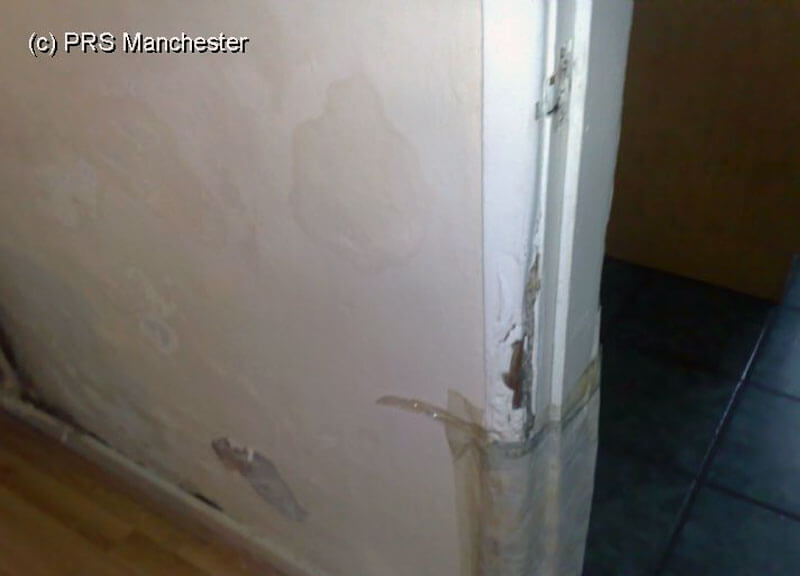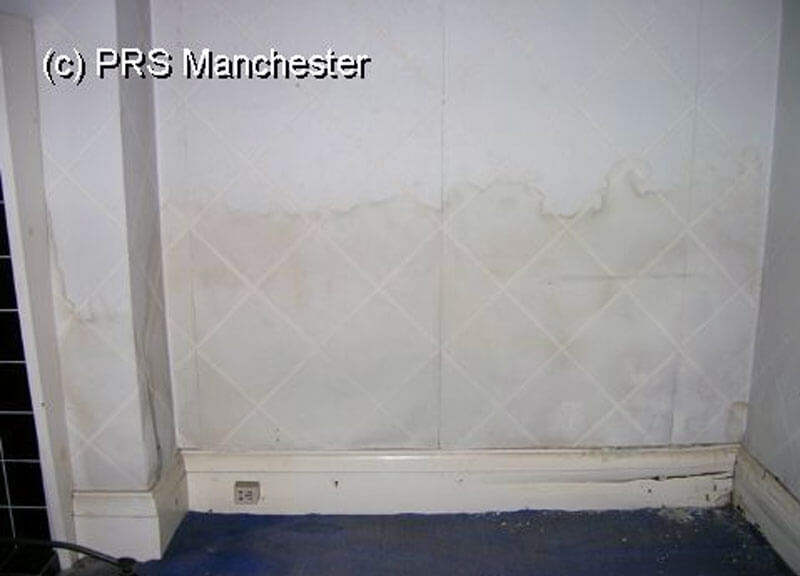Understanding Rising Damp and when to Install a Damp-proof Course (DPC)
Only rising damp can be cured by the installation of a chemical damp proof course. Rising damp is a commonly encountered problem in many types of building, however it is often misdiagnosed and many damp proof courses are installed unnecessarily.

When looking at Rising dampness, decayed skirting boards, crumbling or salt stained plaster, discolouration and staining, decayed timber floors, peeling paint and wallpaper are all common signs of damp.
These defects are not always evident but when they are, diagnosis is usually straight forward. When these defects are not present it may be necessary to carry out some destructive testing to establish the cause of the dampness.
Penetrating damp from defective gutters and down pipes, failed lead work or other common defects require investigation to determine the over all required remedial action.
The Survey
Our surveyors have been trained to level of the CSRT qualification and all of our senior surveyors are qualified to this level. As Members of the Property Cars Association (PCA) the CSRT is one of  the qualifications required for membership. Our surveyors have the skills and experience needed to diagnose report on and repair buildings affected by rising damp.
Most types of masonry used in the walls of buildings will allow some water movement by capillary action; however, this is usually controlled by a physical barrier or damp proof course. If this physical barrier is absent, has broken down or is damaged then it is often possible to install a remedial damp proof course (DPC) to control water rising from the ground.
Water rising from the ground often introduces contaminating salts into the walls and plaster coats. This contamination will often result in a need for the plaster to be removed and replaced using specially formulated salt resistant plasters.








